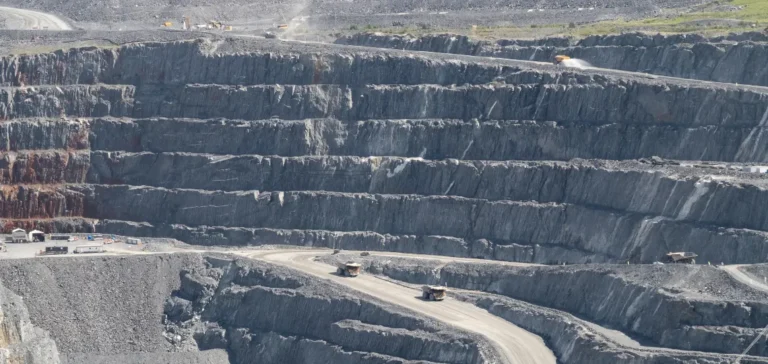Canada’s Minister of Energy and Natural Resources, Tim Hodgson, concluded a three-day official visit to London aimed at strengthening economic ties with the United Kingdom in the nuclear energy and critical minerals sectors. The trip aligns with Canada’s broader G7 presidency agenda focused on securing strategic supply chains to support industrial and energy transition.
Agreements on critical value chains
During his stay, Tim Hodgson held meetings with several UK government officials, including Chris McDonald, Minister of Industry at the Department for Energy Security and Net Zero, and Secretary of State for Energy and Climate Change, Ed Miliband. Discussions centred on potential joint investments in processing infrastructure, production capacity, and market access for critical minerals essential to advanced technologies.
Canada aims to diversify its export markets and attract new investors to maximise the value of its resources, notably through the Critical Minerals Production Alliance. With all G7 members now having appointed representatives, the initiative enters an operational phase ahead of the ministerial meeting scheduled for October 30 and 31.
Nuclear energy and fusion at the core of discussions
Another key focus was cooperation in nuclear energy, including fusion technologies. A trilateral meeting was held with the United Kingdom Atomic Energy Authority and U.K. Industrial Fusion Solutions to structure a strategic partnership around fusion energy research and development. This follows the joint declaration signed in June by the Canadian and British Prime Ministers.
The stated goal is to reduce reliance on Russian nuclear fuel supply chains while strengthening the two countries’ technological sovereignty in the sector. Both governments are reviewing opportunities for industrial collaboration to accelerate local capacity development and reinforce value chains.
Renewed interest from UK investors
On the sidelines of the London Metal Exchange Week, Tim Hodgson met with executives from mining companies active in the UK and interested in expanding their operations in Canada. The minister highlighted the country’s competitive advantages in exploration, extraction, and processing of critical minerals, underlining its regulatory stability and existing logistics capabilities.
The United Kingdom is Canada’s main trading partner in Europe. In 2024, bilateral trade reached CAD61bn ($44.15bn), and UK firms employ over 166,000 people in Canada. This economic relationship supports a growing collaboration in strategic sectors tied to energy and industrial security.






















